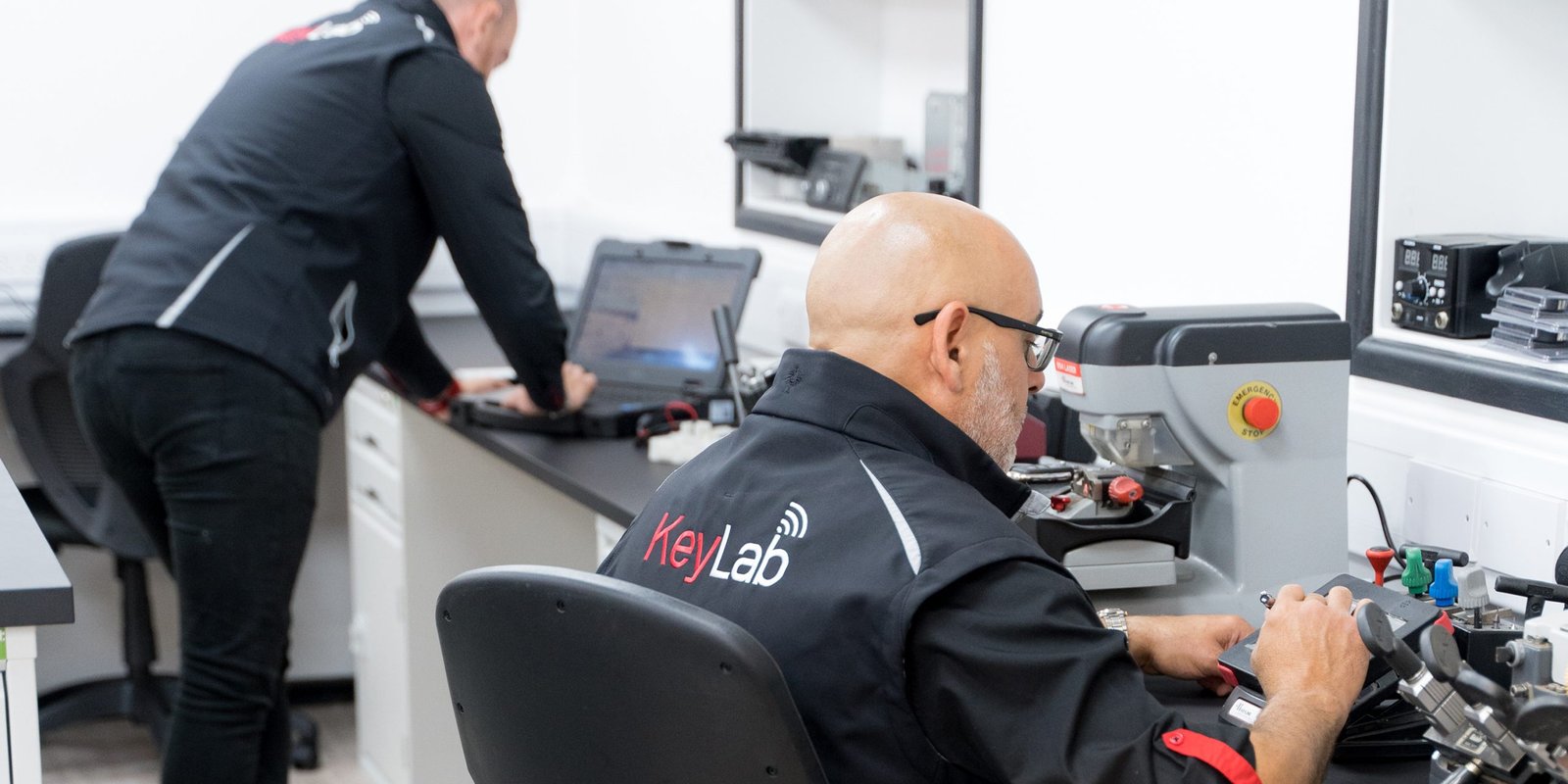The History Of Key Replacements
Comprehensive Guide to Car Key Replacements: Understanding Your Options
In today's fast-paced world, losing or damaging a car key is a significantly common affair. Car key replacements have actually developed substantially over the years with advancements in technology, and car owners now have a range of options to consider. This short article will check out the different types of car keys, approaches for replacement, cost implications, and other vital considerations for car key replacements.
Kinds Of Car Keys
Comprehending the types of car keys is necessary for understanding the replacement options available. Below is a summary of the numerous types:
Type
Description
Conventional Key
A non-electronic key that mechanically opens the door and ignition.
Transponder Key
A key embedded with a microchip that communicates with the car's ignition system for added security.
Key Fob
A remote control utilized to open doors and start the engine wirelessly. Typically consists of a transponder chip.
Smart Key
Enables keyless entry and ignition, utilizing proximity sensors and advanced technology.
Valet Key
A restricted key that restricts access to certain functions of the vehicle, usually utilized by parking attendants.
Comprehending the Replacement Process
When it comes to car key replacements, it is essential for car owners to be knowledgeable about the choices available. The following techniques show how car keys can be changed:
1. Car dealership Replacement
- Process: The vehicle owner goes to the car dealership and provides proof of ownership. The car dealership might need the Vehicle Identification Number (VIN) and additional identification.
- Pros: Trusted source, ensured compatibility, typically consists of programs.
- Cons: Typically the most expensive option.
2. Professional Locksmith
- Process: A licensed locksmith professional checks out the car location or runs from their store. They cut and program the replacement key.
- Pros: Generally cheaper than car dealerships and can offer a range of key choices.
- Cons: Limited ability for some innovative keys and fobs, may not have OEM (Original Equipment Manufacturer) parts.
3. Diy (DIY)
- Process: Car owners can purchase key blanks and shows packages online or from hardware shops. Follow particular guides for programming.
- Pros: Cost-effective and hassle-free.
- Cons: Risk of mistakes, lack of professional quality, and possible security problems.
4. Mobile Key Cutting Services
- Process: Mobile services pertain to your location to cut and configure keys.
- Pros: Convenient and typically more inexpensive.
- Cons: May need a waiting period, and prices vary based on distance and service quality.
5. Insurance coverage Coverage
- Process: Some vehicle insurance plan cover losses due to stolen or lost keys.
- Pros: Potentially considerable expense savings.
- Cons: Coverage limits and potential deductibles could apply.
Elements Influencing Replacement Costs
The expense of replacing a car key can vary widely depending upon a number of factors, such as:
- Type of Key: Traditional keys are generally less expensive to replace than transponder keys or wise keys.
- Design and Make of Vehicle: Luxury and newer designs may have greater replacement expenses due to advanced innovation.
- Place: The typical market rates for locksmith services or dealerships can affect pricing.
- Key Programming: Programming expenses might be different from key cutting expenditures.
Here's a general breakdown of replacement expenses:
Estimated Costs of Car Key Replacement
Key Type
Estimated Cost Range
Conventional Key
₤ 5 – ₤ 25
Transponder Key
₤ 50 – ₤ 300
Key Fob
₤ 50 – ₤ 600
Smart Key
₤ 200 – ₤ 600
Valet Key
₤ 10 – ₤ 30
Vital Considerations
While exploring car key replacements, it's important to bear in mind of the following:
- Proof of Ownership: Always have documents that shows ownership when seeking a replacement.
- Security Concerns: Keep in mind that lost keys position security threats; if there's a concern, think about rekeying locks.
- Service warranty and Insurance: Check if your car is under service warranty and if it covers key replacements.
- Future Security: Consider upgrading to more protected options like wise keys if your vehicle supports it.
FAQs About Car Key Replacements
Q1: Can I replace my car key myself?A1: Yes, it is possible to replace your car key yourself, particularly if you buy key blanks and have programming tools. However, guarantee you follow instructions precisely to avoid issues.
Q2: How long does it take to replace a car key?A2: Replacement time depends on the approach used. Dealers might take longer due to programs, while mobile locksmiths can often do it on-site within minutes.
Q3: What should I do if I lost my car key?A3: If you lose your car key, assess your requirements and select a replacement method. Consider getting in touch with a locksmith or your vehicle's car dealership for next steps.
Q4: Are replicate keys considered replacements?A4: No, duplicates are copies of existing keys, while replacements are brand-new keys made when the original is lost, broken, or not functioning.
Q5: Will my car's alarm be affected if I replace the key?A5: It depends on the key type. Typically, Vehicle Key Replacement programmed replacement will not affect the alarm. However, some keys might need to be synced or configured to the alarm.
Car key replacements are more uncomplicated than they have actually ever been, yet comprehending the numerous options and their implications can save money and time. By acquainting oneself with the types of keys, the replacement procedure, and prospective expenses, car owners can navigate this difficulty with higher ease. Whether selecting a car dealership, locksmith, or a DIY approach, staying informed guarantees smarter decisions for protecting automobile access.
